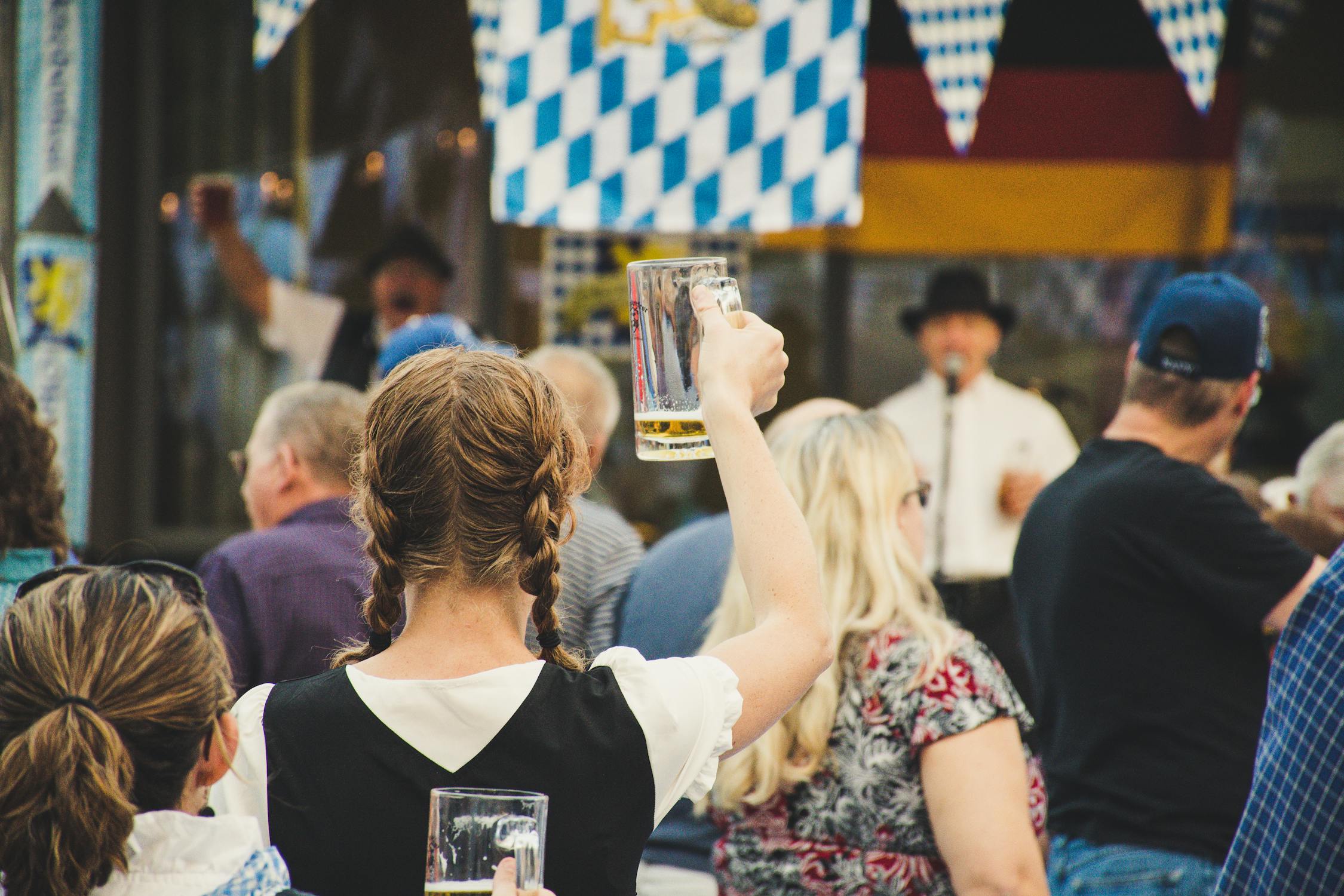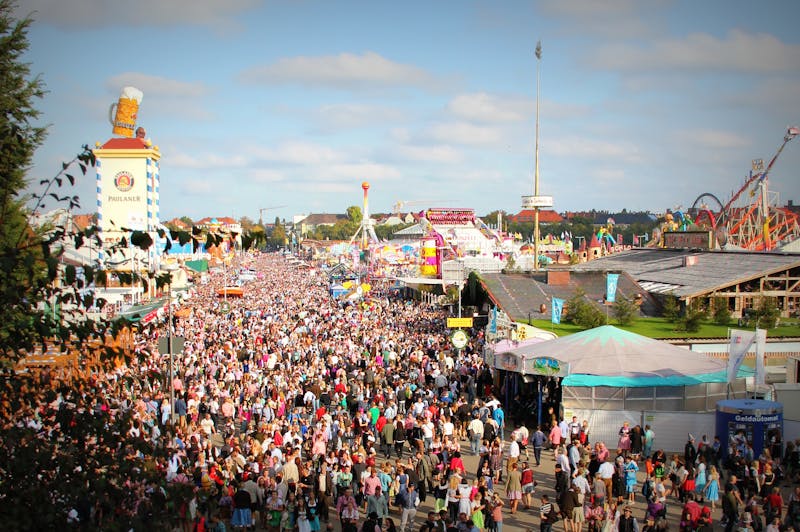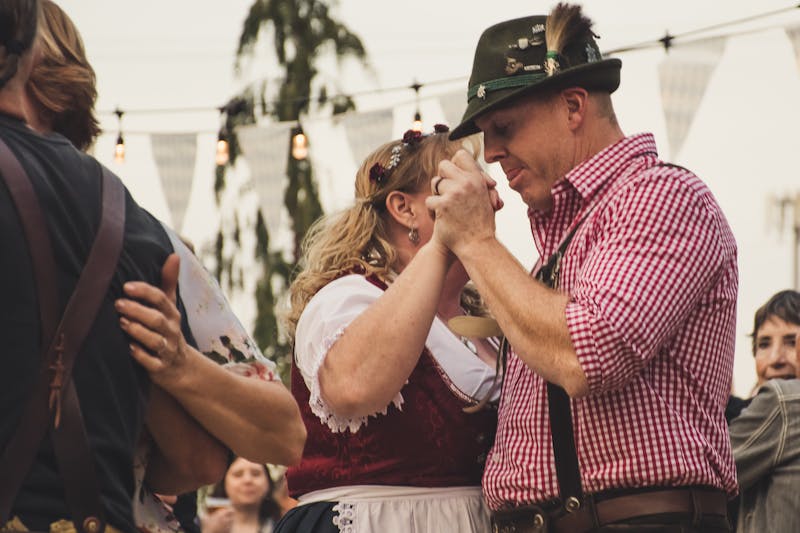· Oktoberfest · 3 min read
History of Oktoberfest
Explore the rich history of Oktoberfest, from its royal Bavarian origins to becoming the world's largest beer festival.

Oktoberfest is the world’s largest beer festival, held annually in Munich, Germany. It is a celebration deeply rooted in Bavarian culture and attracts millions of visitors from around the globe. Understanding the history of Oktoberfest offers insight into how it has grown and evolved into the grand spectacle it is today.
Origins of Oktoberfest
Oktoberfest began in 1810 with the marriage of Crown Prince Ludwig (later King Ludwig I) and Princess Therese of Saxe-Hildburghausen. The citizens of Munich were invited to join in the festivities, which included a horse race and various celebrations on the fields in front of the city gates. These fields were later named Theresienwiese (“Therese’s Meadow”) in honor of the princess, and this location has remained the site of Oktoberfest ever since.

Development Over the Years
Over the years, Oktoberfest expanded from a simple horse race to a grand festival featuring a variety of events and attractions. The duration of the festival also increased, typically starting in late September and ending in the first weekend of October, to take advantage of the milder weather. As the festival grew, new traditions and attractions were introduced, such as agricultural shows, carousels, and fairground rides, transforming it into a multifaceted celebration.
Key Historical Events
Several major milestones have marked the development of Oktoberfest. The introduction of beer tents in the late 19th century provided a place for visitors to enjoy Munich’s famous beers in a communal setting. Mechanical rides, which appeared in the early 20th century, added to the festival’s appeal, making it a fun event for families and thrill-seekers alike. World events, such as the world wars and economic fluctuations, temporarily halted the festival but also influenced its evolution, leading to changes in the scale and nature of the celebrations.

Cultural Significance
Oktoberfest holds a special place in Bavarian culture, symbolizing the region’s traditions, hospitality, and love for celebration. Its influence extends far beyond Germany, inspiring numerous international drinking festivals that aim to replicate its unique atmosphere. The festival not only showcases Bavarian beer but also promotes traditional music, attire, and cuisine, reinforcing its cultural heritage.

Modern Day Oktoberfest
In the 21st century, Oktoberfest has continued to evolve while preserving its historical roots. Modern festivities include elaborate parades, music performances, and the iconic beer tents, which now accommodate thousands of visitors. Despite the introduction of contemporary elements, many traditions, such as the opening ceremony with the tapping of the first beer keg by the Munich mayor, remain unchanged, connecting the present-day celebration with its rich history.
Conclusion
The historical significance of Oktoberfest lies in its origins as a royal celebration and its transformation into a globally renowned festival. Preserving the traditions of Oktoberfest is essential to maintaining its cultural authenticity and ensuring that future generations can continue to enjoy and appreciate this unique Bavarian heritage.

